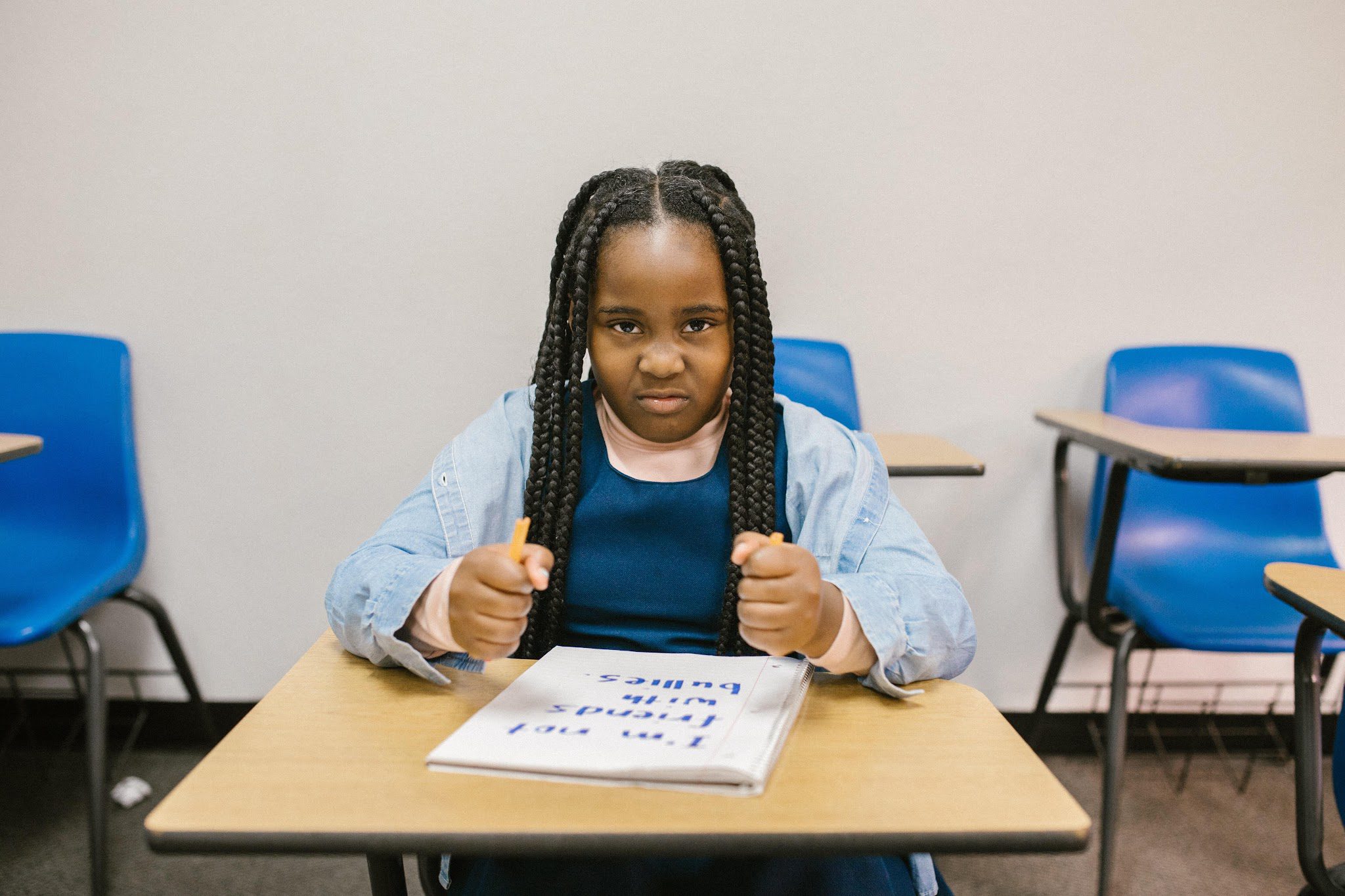By Faith Mudoga,
Mental health is becoming a common conversation when it comes to raising children. Truth be told, parents are neglecting their children’s well-being for their jobs and other personal reasons.
As much as we focus on mental problems affecting the older generation, children are also affected in ways that if you’re not keen as a guardian, you wouldn’t notice.
Physical needs of children are easy to define for parents: good meals, warm clothing when it’s cold, and normal sleep. The mental and emotional demands of a youngster, on the other hand, may not be as clear.
Ann Rolling, Ph.D., a Child & Family Counselor and Training Manager says, “Children with good mental health may think effectively, develop socially, and master new abilities. Good companions and supportive comments from adults are also vital in helping youngsters develop self-confidence, self-esteem, and a positive emotional attitude.”
It’s very important for a guardian to be in a position to identify if a child is suffering mentally. We’ve had cases of young children who attempt or take their lives and parents and guardians fail to understand why.
According to the “Children’s and Adolescent’s Mental Health,” US Dept. of Health and Human Services copyright 1997 revised 2/00; The following signs can tell you if your child is mentally struggling and they’re in need of professional evaluation or assistance:
- Sadness- constant sadness in a child is not normal. If you notice this as a guardian you should be concerned.
- Irritability – characterized by frequent temper tantrums.
- Frequent crying and moodiness over every unnecessary thing.
- If they act over clingy.
- Regular worry or anxiety.
- If they act fearful on every situation or they constantly isolate themselves.
- Overly sensitive and reactive to very little things – also they may act hyperactive or fidget.
- Withdrawal from friends and family.
- Persistent disobedience or aggression.
- Sleep problems- Persistent nightmares.
- Change in appetite and fatigue.
- Feelings of guilt and feeling of worthlessness.
- Suicidal thoughts- Thoughts about death and dying like saying, “I wish I had never been born or I want to be in heaven with a family member or pet that passed away.
- Grades start to slip- Decline in school performance and poor grades despite strong efforts.
- They don’t want to do activities they once loved doing – they repeatedly refuse to go to school or take part in normal children’s activities.
“For many kids and parents, because there’s a mental health stigma, it can be hard to reach out for help. Parents worry that their kid is going to get embarrassed or ashamed that they need help for what they are going through. Also, parents themselves can feel embarrassed and ashamed but it’s important to seek help for them in time because you will save them months or even years of pain and suffering,” said Dr. Ann Rolling during an interview with Children’s Wisconsin.
When it comes to children, both their physical and mental health are very important. The following are the basics for a child’s good mental health according to the Federation of Families for Children’s Mental Health:
- Family love that is unconditional
- High self-esteem and self-confidence
- The chance to interact with other kids
- Teachers who are encouraging and caregivers who are supportive
- Environments that are safe and secure
- Guidance and discipline that is appropriate
It is important to seek professional help for the child but before you do that, you as a guardian or parent can help smoothen the process by; encouraging the child to talk about their feelings, providing a safe and secure home for them, avoid nagging them to do something or threatening them when they do something and lastly be kind with them.
















